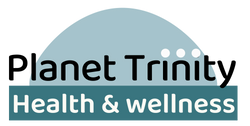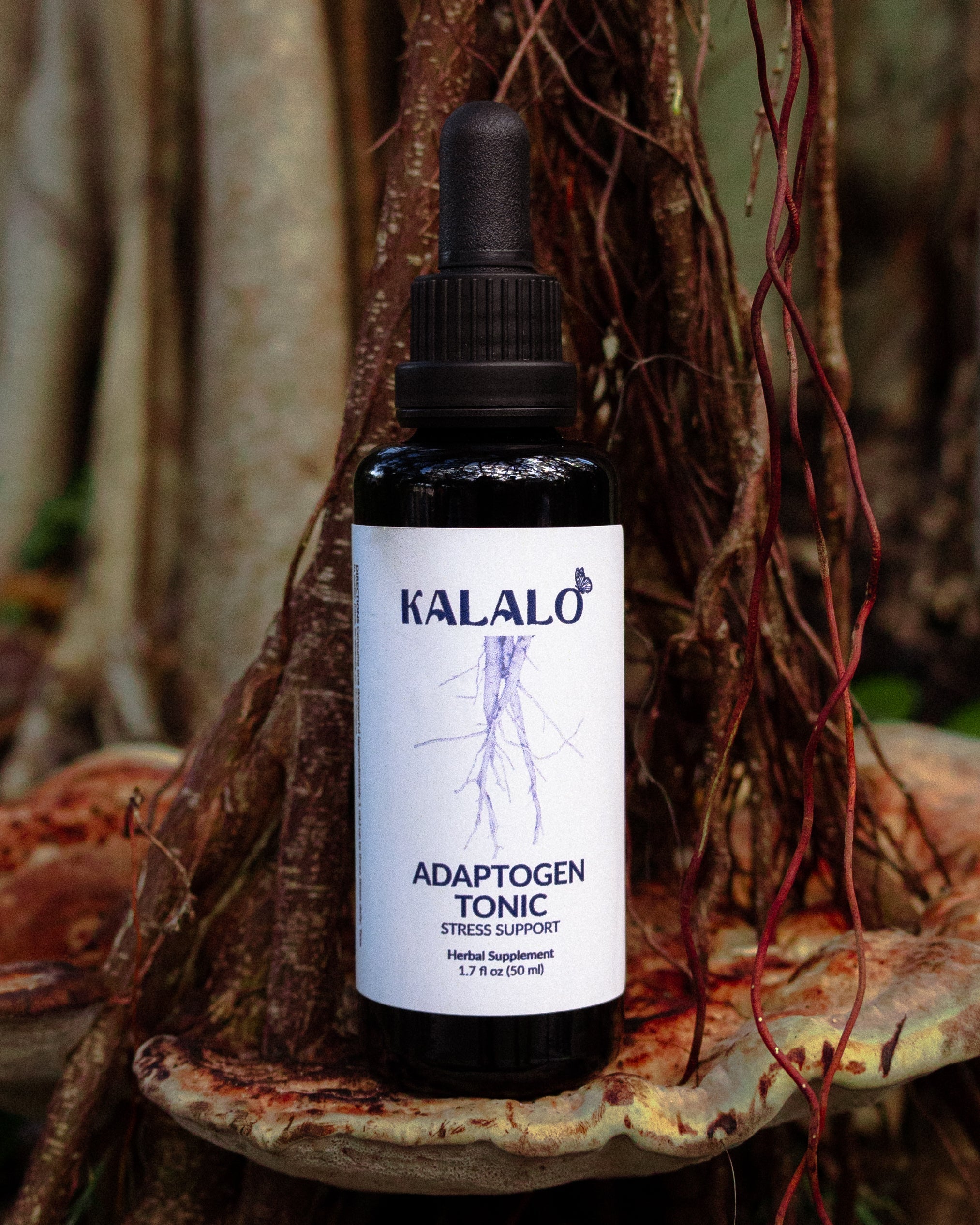
Omega-3 fatty acids are essential fats integral to human health, particularly during pregnancy. They play a crucial role in fetal growth and development, influencing brain, eye, and nervous system formation. Recent research highlighted in The Conversation underscores the importance of adequate omega-3 intake during pregnancy, revealing that many prenatal supplements fall short of the recommended amounts necessary to help prevent preterm birth (https://theconversation.com/prenatal-supplements-largely-lack-the-recommended-amount-of-omega-3-fatty-acids-to-help-prevent-preterm-birth-new-research-244231).
This article explores the vital role of omega-3s throughout the different stages of fetal development and outlines the benefits they provide at each phase.
Stages of Fetal Development and the Role of Omega-3 Fatty Acids
1. Early Pregnancy (Weeks 1-12): Conception to Organ Formation
In the initial weeks, pregnancy is characterized by rapid cell division and the beginning formation of vital organs. Omega-3 fatty acids, particularly DHA (docosahexaenoic acid), are critical during this stage. DHA is a fundamental building block of the brain, eyes, and neural tissues.
Benefits of Omega-3s:
- Support neural tube formation
- Enhance placental development
- Promote proper fetal cell membrane formation
Adequate omega-3 intake during this early stage can influence the foundation for healthy brain and eye development.
2. Second Trimester (Weeks 13-26): Rapid Growth & Brain Development
This phase marks a period of rapid growth, especially for the brain and nervous system. DHA continues to be vital as it accumulates in neural tissues, supporting cognitive functions and visual acuity.
Benefits of Omega-3s:
- Promote optimal brain maturation
- Support the development of retinal tissues
- Improve placental blood flow, ensuring sufficient oxygen and nutrients to the fetus
Research suggests that sufficient omega-3s during this stage can lead to better neurodevelopmental outcomes.
3. Third Trimester (Weeks 27-Birth): Final Growth and Brain Wiring
In the final trimester, the fetus experiences a significant increase in brain size and complexity, with DHA accumulation reaching its peak. Proper omega-3 levels at this stage are linked to enhanced cognitive abilities and visual development after birth.
Benefits of Omega-3s:
- Facilitate myelination, the process of insulating nerve fibers to improve communication between brain cells
- Reduce the risk of preterm birth, a complication associated with inadequate omega-3 intake, as highlighted by recent research
- Support fetal lung development and overall maturation
This stage emphasizes the importance of maintaining adequate omega-3 levels to promote full-term delivery and healthy neonatal development.
The Broader Benefits of Omega-3 Fatty Acids During Pregnancy
Beyond supporting structural development, omega-3s offer additional benefits:
- Reducing Inflammation: Omega-3s have anti-inflammatory properties that can lower the risk of pregnancy complications such as preeclampsia.
- Supporting Maternal Mental Health: Some studies indicate that omega-3s may reduce the risk of postpartum depression.
- Improving Birth Outcomes: Adequate omega-3 intake is associated with a lower risk of preterm birth, low birth weight, and developmental delays.
Addressing Omega-3 Deficiency in Prenatal Nutrition
Despite their importance, many prenatal supplements do not contain sufficient omega-3 levels to meet pregnancy recommendations. The Conversation highlights that a significant gap exists between what is recommended and what is often supplied, emphasizing the need for pregnant women to incorporate omega-3-rich foods—such as fatty fish like salmon, mackerel, and sardines—or high-quality supplements under medical guidance.
Conclusion
Omega-3 fatty acids, especially DHA, are indispensable for healthy fetal development at every stage of pregnancy. Ensuring adequate intake can support everything from initial organ formation to brain maturation and neonatal health. Expectant mothers should consult healthcare providers to optimize omega-3 consumption through diet and supplementation, helping to promote the best possible outcome for both mother and child.
Supporting evidence from recent research underscores that increasing awareness and improving dietary strategies can significantly enhance pregnancy health and fetal development.










